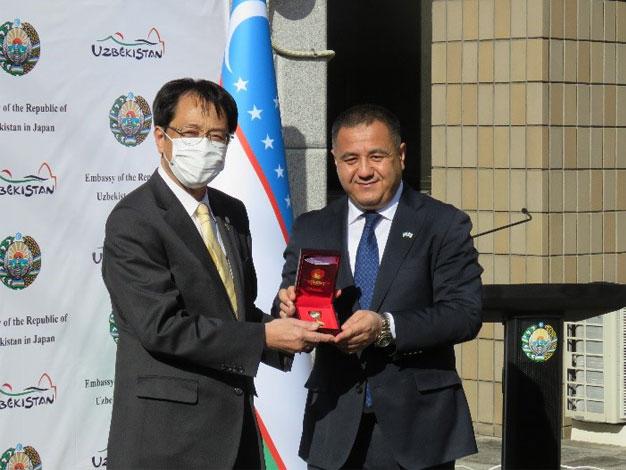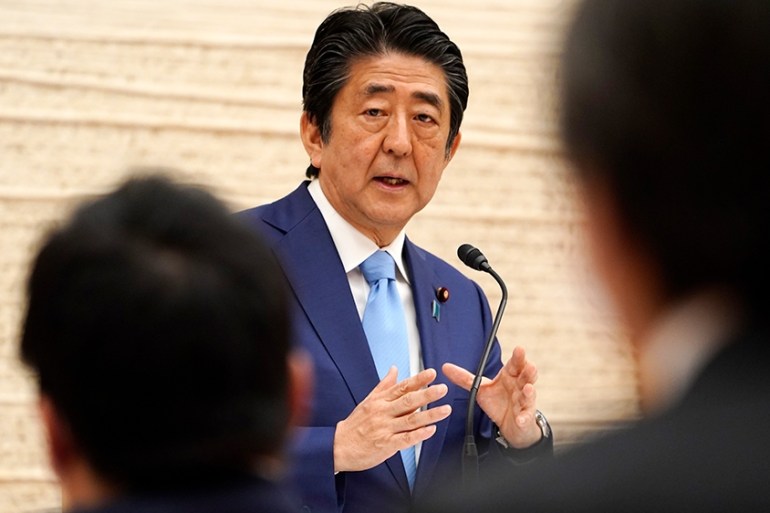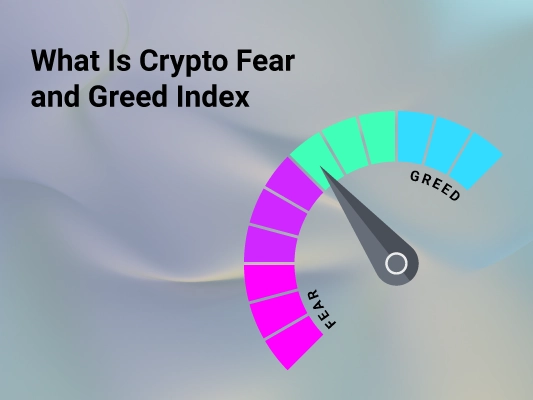[ad_1]
U.S. President Joe Biden and Chinese leader Xi Jinping held their first direct meeting Tuesday, albeit via a secure video link, with discussions focused on managing the two powers’ intensifying rivalry.
Although no major breakthroughs were announced, the White House said the two leaders had discussed “the complex nature of relations” between the countries and “the importance of managing competition responsibly.”
“The meeting itself was really about the two leaders discussing ways to manage the competition between the United States and China responsibly and ways to establish guardrails,” a senior Biden administration official said on condition of anonymity. “That was a theme throughout the conversation.”
According to the White House, Biden raised concerns about China’s practices in Xinjiang, Tibet and Hong Kong, “as well as human rights more broadly,” while reiterating Washington’s commitment to working with allies and partners to advance a “free and open Indo-Pacific.”
Biden also underscored that the U.S. remains committed to its “One China” policy, and that the United States “strongly opposes unilateral efforts to change the status quo or undermine peace and stability across the Taiwan Strait.”
China views Taiwan as a so-called core issue and an inherent part of its territory — a renegade province that must be brought back into the fold, by force if necessary.
Beijing has called Taiwan its “ultimate red line,” with the state-run Global Times newspaper saying in an editorial Sunday that “in order to reduce the risk of a strategic collision between China and the U.S., the latter must take a step back from the Taiwan question and show its restraint.”
While the White House characterized the meeting as cordial and open, Xi was quick to push back, especially on Taiwan, using China’s state-run media megaphone to issue a warning to Biden that encouraging Taiwanese independence would be “playing with fire.”
“Some people in the U.S. intend to ‘use Taiwan to control China.’ This trend is very dangerous and is like playing with fire, and those who play with fire will get burned,” the official Xinhua News Agency quoted Xi as saying during the meeting.
China would be compelled to take “resolute measures,” should “separatist forces … provoke us, force our hands or even cross the red line” on Taiwan, he added.

Xi also called on the U.S. to take concrete actions that show it is not seeking a “new Cold War,” Xinhua reported, with the Chinese leader expressing hope that Biden will demonstrate “political leadership to bring the U.S. policy towards China back to a rational and practical track.”
Xi compared China and the U.S. to two giant ships sailing in the ocean, Xinhua reported.
“It is important for the two sides to keep a steady hand on the tiller, so that the two giant ships will break waves and forge ahead together, without losing direction or speed, still less colliding with each other,” he was quoted as saying.
Brendan Taylor, a professor of strategic studies at Australian National University, said that Biden was likely seeking to reassure the Chinese side after two earlier misstatements in August and October, where he said that the U.S. has a commitment to defend Taiwan in the event of a Chinese attack.
The U.S. maintains a policy of “strategic ambiguity” toward Taiwan that is deliberately vague about how it would respond if China were to attack the self-ruled island, though it is required by the Taiwan Relations Act to provide Taipei with the means to defend itself.
“Xi’s tough response can be read as a response to those misstatements and as playing to a domestic Chinese audience,” Taylor said. “But I expect Biden will have likely emphasized to Xi privately the importance of resolving Taiwan’s disputed status peacefully.”
In opening remarks ahead of the meeting, Biden had said he hoped to have a “candid and forthright discussion” with Xi on a range of issues.
“It seems to me we need to establish some common-sense guardrails, to be clear and honest where we disagree, and work together where our interests intersect, especially on vital global issues like climate change,” he said.
On growing fears of a possible conflict between the two powers, Biden said it was “our responsibility — as leaders of China and the United States — to ensure that the competition between our countries does not veer into conflict, whether intended or unintended. Just simple, straightforward competition.”
Calling Biden an “old friend,” Xi said that China and the United States “need to increase communication and cooperation” — a nod to the dearth of high-level diplomacy between the two powers since Biden’s January inauguration.
“A sound and steady China-U.S. relationship is required for advancing our two countries’ respective development and for safeguarding a peaceful and stable international environment, including finding effective responses to global challenges such as climate change … and the COVID pandemic,” Xi said.
“China and the United States should respect each other, coexist in peace, and pursue win-win cooperation,” he added.
Sino-U.S. ties have deteriorated in recent months, with the world’s two biggest economies grappling over trade, human rights, China’s military moves near Taiwan, Beijing’s growing maritime assertiveness and the origin of the deadly coronavirus.
The soured relationship has stoked anxiety in Tokyo, which has voiced concerns over growing tensions between the two powers.
“Stable relations between the United States and China are extremely important for the international community, and the government has been paying close attention to the situation, including the meeting,” new Foreign Minister Yoshimasa Hayashi told a news conference Tuesday. “Under a strong relationship of trust with our ally, the U.S., Japan would like to promote cooperation and encourage China to fulfill its responsibilities as a major power.”

Japan has been particularly focused on China’s military moves near Taiwan.
Last month, Beijing conducted nearly 200 sorties in Taiwan’s air defense identification zone, contributing to fears of a looming conflict over the self-ruled island involving the U.S. and China, but also posing a serious security challenge to Tokyo.
For Japan, Taiwan provides a bulwark against potential security threats and economic coercion from Beijing. Facing both the disputed South and East China seas, Taiwan sits just 110 kilometers from Japan’s southernmost island of Yonaguni and 500 kilometers from Okinawa’s main island — home to major U.S. military and Self-Defense Force bases. Its strategic significance could be likened to a giant aircraft carrier sitting off China’s coast.
Biden, whose administration has emphasized the importance of alliances in confronting China, told Xi that “all countries have to play by the same rules of the road” and that the U.S. “is always going to stand up for our interests and values, and those of our allies and partners.”
Ahead of the meeting a senior Biden administration official had looked to tamp down expectations that any concrete measures might emerge, saying “major deliverables” were unlikely.
“This meeting is about our ongoing efforts to responsibly manage the competition, not about agreeing to a specific deliverable or outcome,” the senior official said on condition of anonymity. “Setting the terms of the competition will be an ongoing effort, and this meeting between the two leaders is one step in that.
“We want to make clear our intentions and our priorities to avoid misunderstandings,” the official added.
Clearly conveying those intentions — and averting potentially catastrophic miscalculations — could prove difficult, with the official admitting that “our two countries are in a fundamentally different place with each other than we have been in the past.”
Australian National University’s Taylor said that most leaders in Asia, including Japanese Prime Minister Fumio Kishida, “will likely be breathing a sigh of relief” after the talks.
“While they’ll be under no illusions that strategic competition between the U.S. and China will continue into the foreseeable future, anything that stabilizes that competition and that prevents it from descending into outright conflict — where at times it has seemed to be trending — will be read as a positive,” Taylor said.
The two leaders have twice held telephone talks since Biden took office, but with Xi ruling out foreign travel because of the pandemic, an in-person meeting has proved elusive — making virtual talks the next best option.
In a time of both misinformation and too much information, quality journalism is more crucial than ever.
By subscribing, you can help us get the story right.
SUBSCRIBE NOW
[ad_2]
Source link


















